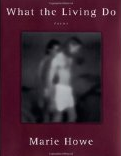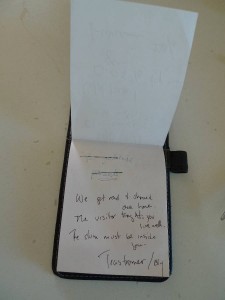 I know I’ve posted several poems by Marie Howe before, but this seemed perfect for today. And if you can, there’s an event at Senator Feinstein’s San Francisco office today at noon–a rally of constituents requesting a town meeting. Another good way to observe Valentine’s Day.
I know I’ve posted several poems by Marie Howe before, but this seemed perfect for today. And if you can, there’s an event at Senator Feinstein’s San Francisco office today at noon–a rally of constituents requesting a town meeting. Another good way to observe Valentine’s Day.
The Kiss
When he finally put
his mouth on me—on
my shoulder—the world
shifted a little on the tilted
axis of itself. The minutes
since my brother died
stopped marching ahead like
dumb soldiers and
the stars rested.
His mouth on my shoulder and
then on my throat
and the world started up again
for me,
some machine deep inside it
recalibrating,
all the little wheels
slowly reeling and speeding up,
the massive dawn lifting on the other
side of the turning world.
And when his mouth
Continue reading “Valentine’s Day poem”


